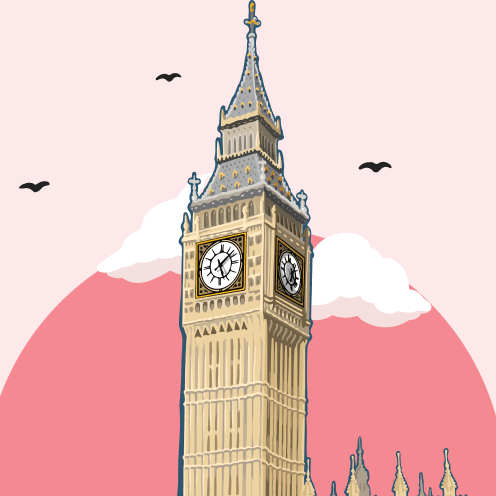Shorouk Express
Sign up for the View from Westminster email for expert analysis straight to your inbox
Get our free View from Westminster email
Get our free View from Westminster email

The 2025 local election has seen unprecedented success for Nigel Farage’s Reform party, which won 677 council seats across England.
The Liberal Democrats nearly doubled their seats up to 370 overall, and winning majority control of three councils.
But the third-party players’ success came at a price for the Conservatives and Labour, both of whom lost two thirds of their seats from 2021.
This spells trouble for Sir Keir Starmer, whose newly-formed government are already facing protest votes.
Yet most at risk is Kemi Badenoch, who failed to secure success for the floundering Conservative party in the face of its right-wing challenger.
Here, the Independent looks at where Labour and the Conservatives received the least amount of votes in this year’s local elections.

open image in gallery
Labour
Though Labour received far fewer seats than the Tories – at just 98 overall – it is important to note that most councils up for election this year were historically Conservative strongholds, so it is difficult to compare the two parties’ results.
Nonetheless, Labour’s poor performance pushed it behind Reform, Lib Dems and Conservatives; and barely won the party more votes than Green or Independent candidates.
The Independent’s analysis of initial figures found that Labour received no votes at all in 81 electoral wards.
Sir Starmer’s party won no majority in any council, losing control of Doncaster which it held in 2021. It also won no seats in Devon council.
But even in some councils where Labour won seats, its vote share was strikingly low.
Our analysis found that Labour candidates scraped less than 15 per cent of the vote in half of councils; and over 20 per cent in just five.
In Wiltshire, initial estimates show that just 3.6 per cent of voters chose Labour candidates at the ballot box – around 5,000 out of 135,000 people who voted in the area.
Despite this, Labour candidate Ricky Rogers won his seat in Fisherton and Bemerton Village, which he has held for over three decades; marking one seat for Labour out of 98 on the council.
Labour’s strongest support was in Doncaster, where it won 31 per cent of the vote. But this didn’t stop Reform from taking majority control of the council with 37 seats, to Labour’s 12.
Critics have argued that the division of support between four, five or even more parties in each council meant that votes are even more fragmented, and a lower threshold is needed to secure a council majority.
On Friday, Sir Keir acknowledged his party’s poor council and by-election results, which are likely a protest vote to the party’s governance at a national level.
“We were elected in last year to bring about change,” he told reporters in Bedfordshire.
“I am determined that we will go further and faster on the change that people want to see.”
Conservatives
Success was no better for the Conservatives, however, who lost majority control of the 15 councils they previously held.
As previously right-leaning areas, the Tories had the most to lose, winning 996 seats in the 2021 elections and just 317 seats this time around.
But for this same reason, hundreds of Tory councillors lost their seats to Reform candidates, who for some represent a new right-wing alternative.
Nonetheless, as the elections were in more conservative areas to begin with, the Tories performed better overall than Labour.
In most councils, the Conservatives won more than a fifth of the vote, performing best in Wiltshire (32 per cent), Buckinghamshire (30 per cent), and Northumberland (29 per cent).
In no council did the Conservatives gain a third of the vote overall.
The worst turnout for Ms Badenoch’s party was in Durham, where Tories saw just 8 per cent support across the council.
Just one Tory councillor was elected in Durham, down from 21 in the last election.

open image in gallery
Ahead of the elections, Conservative leader Ms Badenoch was already bracing her party for disappointment, warning that Reform would sweep up their support.
In a speech in Peterborough on Friday, Ms Badenoch apologised for the “disappointing” results.
“I have a message for all of those Conservative councillors who lost their seats, how sincerely sorry I am for your loss, because I know how hard you worked, but we are going to win those seats back.”
“We have a big job to do to rebuild trust with the public,” she added.
Senior Tories are already scheming ways to replace the leader of the opposition, who was only made head of the party in November last year, according to rKemi Badenoch as leader after local elections disaster”>eports from the Independent’s political editor David Maddox.





















